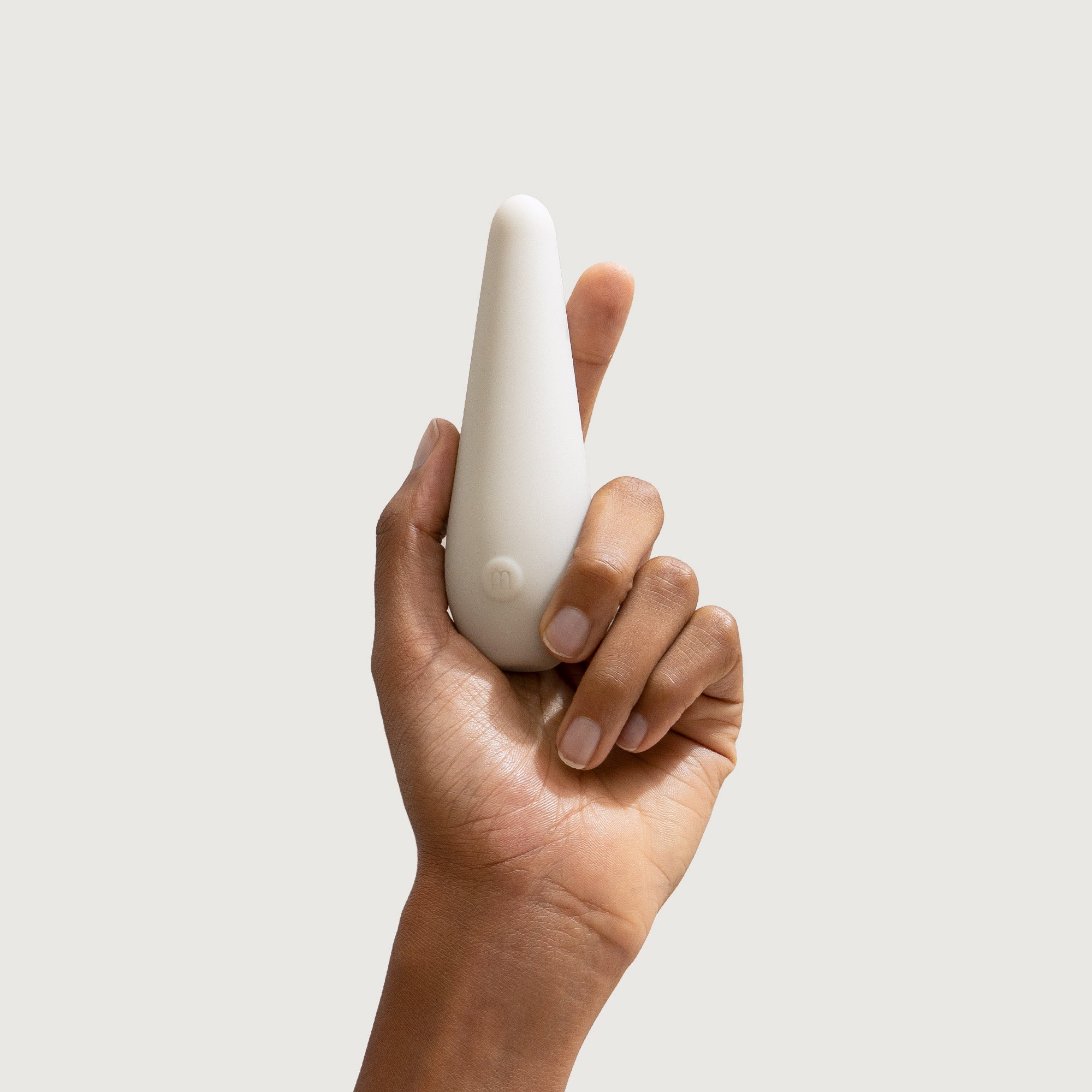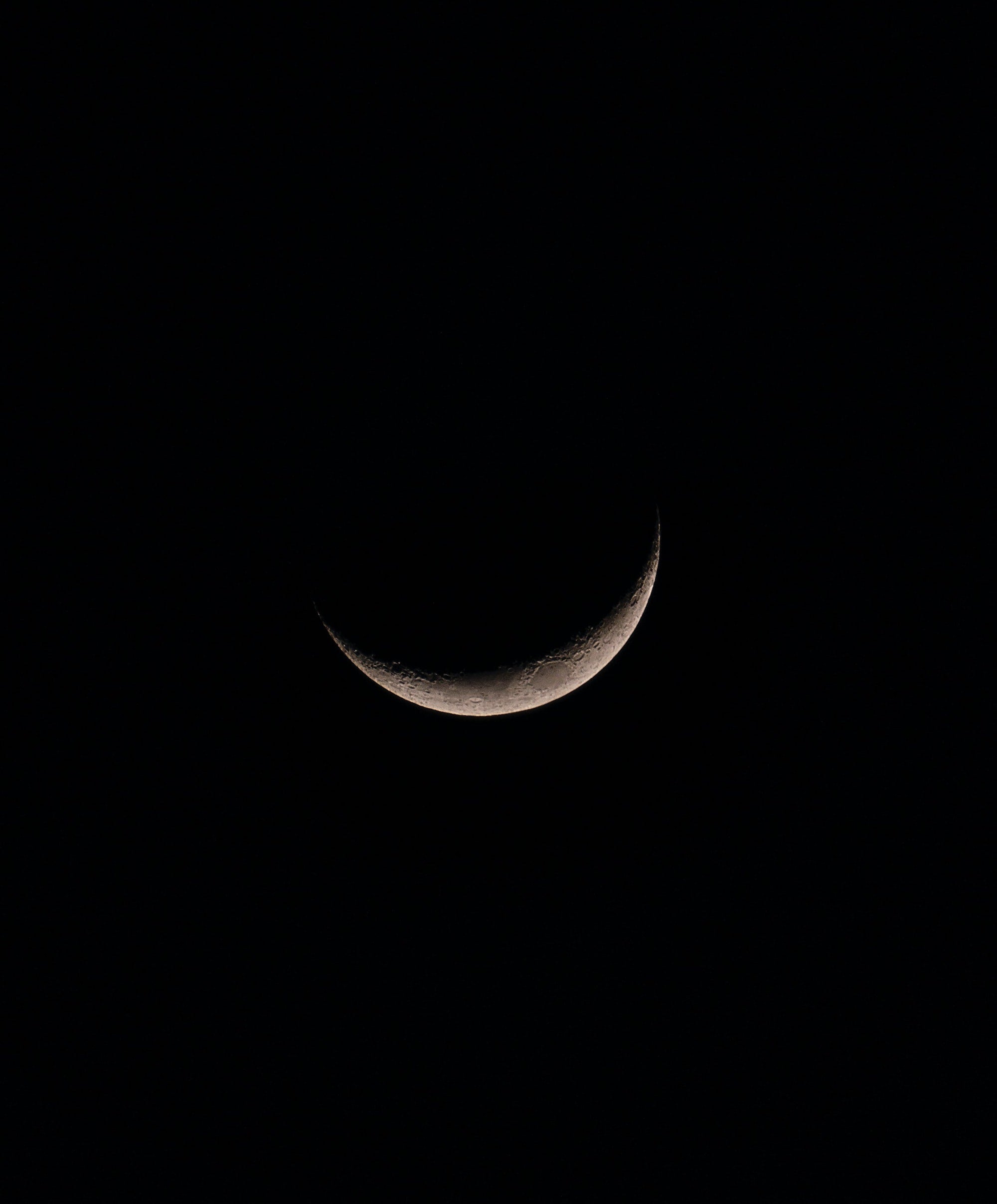Why Opposites Don't Actually Attract.

According to science, the old adage just doesn’t hold up.
If the plot of dozens of rom-com films is to be believed, your soulmate is someone who is nothing like you. They’re moody and mysterious, while you’re a ray of sunshine incarnate. You’re quiet while they love being the center of attention. They’re cheer captain while you’re on the bleachers—etc.
Something is satisfying about the idea of opposites attracting; there’s a reason why, at many a wedding ceremony, you’ll hear partners referring to one another as their “other half.” When you find something that seems to be your opposite in many ways, it’s like you fit together like puzzle pieces, filling in all of your messy edges. The only thing is, that opposites don’t actually attract. At least, not in the way pop culture has led you to believe.
The idea of opposites attracting first came into modern scientific consciousness by way of a sociologist named Robert F. Winch, who published an article in 1955 called The Theory of Complementary Needs in Mate-Selection: A Test of One Kind of Complementariness. Winch basically studied “American husbands and wives,” and posited that couples had complementary “need-patterns”—aka, they had differences that worked well together.
There is some truth to the idea that people search for complementary partners, but that idea should be taken with a grain of salt. It’s one thing to want a partner who is more level-headed than you, or more outgoing than you—but that’s different from searching for a partner who has the opposite worldview of you. Complementary traits do not “opposites” make.
Further research has also revealed that couples don’t quite come together for the reasons that Winch originally posited. Just consider the results of a 2017 study titled Birds of a Feather Do Flock Together: Behavior-Based Personality-Assessment Method Reveals Personality Similarity Among Couples and Friends.
As its title already suggests, the 2017 study, which was published in the journal Psychological Science, found that people (in both friendships and romantic settings) are drawn to people who are like them, according to their digital footprints. A meta-analysis, published in 2014, of 240(!) similar studies also pointed toward people being most attracted to those they consider similar to them.
So why is the cultural insistence on opposites attracting? On one hand, it makes for good entertainment in TV, books, and movies. But also, it’s worth considering how the “opposites attract” trope usually plays out: Two people seem completely different from one another. They might even be complete enemies. But over time, some force beyond their control brings them together, and as they feel themselves falling for one another, they begin to understand…they’re more alike than they could have ever imagined.




